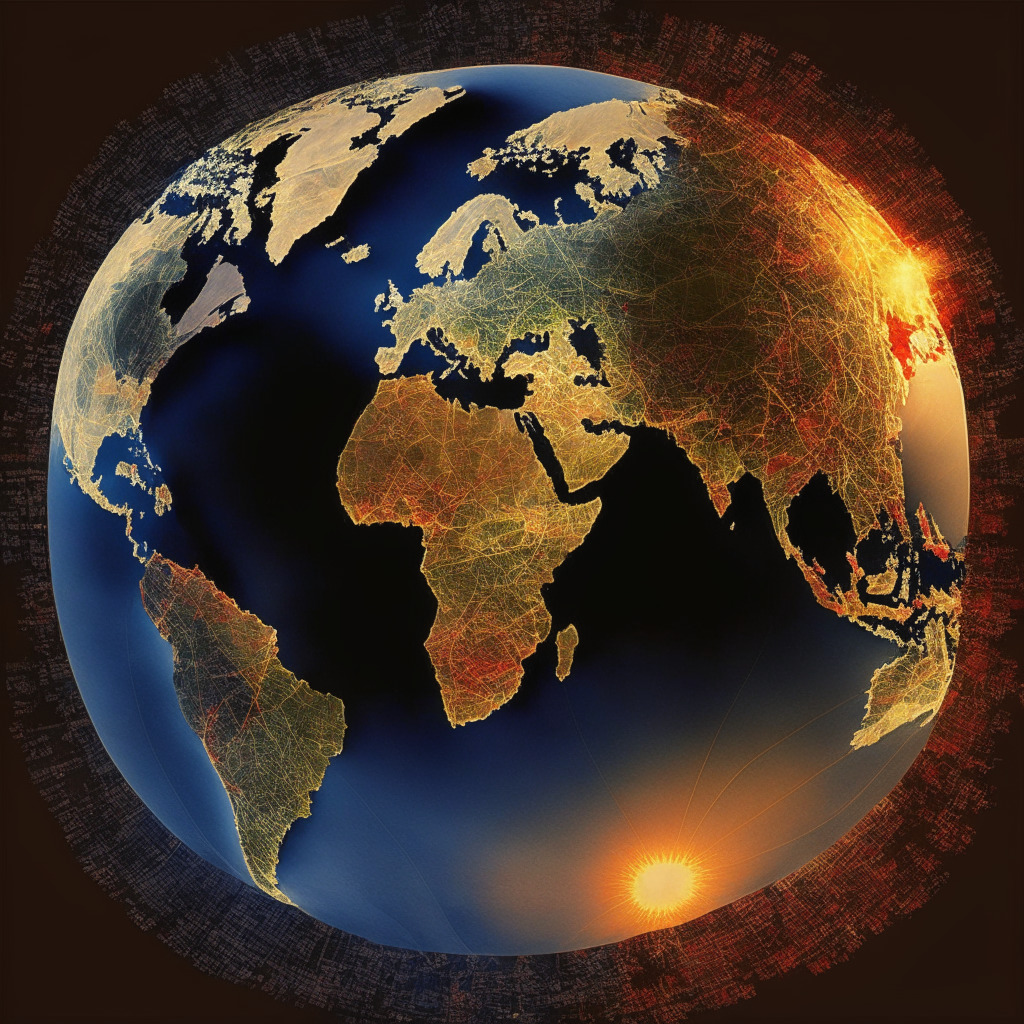Vladimir Putin, Russia’s president, recently discussed the global trend of multipolarity at a meeting of the Council for Local Self-Government Development. He stated that the trend toward multipolarity is not only inevitable but will also continue to intensify. He warned that those who fail to recognize this trend will lose.
According to Putin, the development of a multipolar world is as evident as the sunrise, and attempts to prevent it will only cause more problems for those trying to resist the change. This echoes the sentiments expressed by Russian Foreign Minister Sergey Lavrov at the World Online Conference on Multipolarity in Moscow. Lavrov observed that efforts to establish a unipolar world order with a single decision-making center in Washington have failed, and global multipolarity has become a geopolitical reality.
Lavrov went on to specify that new global centers are emerging in regions such as Eurasia, the Asia Pacific, the Middle East, Africa, and Latin America. These centers have achieved success in various fields, backed by their independence, state sovereignty, and cultural and civilizational identity. The growing influence of emerging markets has led to a significant decline in the G7 countries’ share in the global economy over the last three decades.
Furthermore, Lavrov mentioned the Shanghai Cooperation Organization (SCO) and BRICS as examples of multipolar diplomacy at work. These associations bring together member countries with different political and economic systems, values, and civilizational platforms that effectively cooperate in diverse areas. BRICS nations consist of Brazil, Russia, India, China, and South Africa.
At the same time, Putin expressed his belief that the actions of the elites in the US and Europe would ultimately backfire on them. He contends that Western elite groups do not always act in the best interest of their people. In response to these dynamics, Putin highlights the importance of Russia focusing on strengthening its relationships with friendly nations and fostering collaboration with international partners.
Though the advantages of multipolarity, such as increased cooperation among countries with varying systems and ideologies, cannot be rejected, some concerns remain. A multipolar world system may lead to strategic rivalries and can possibly enable undemocratic and oppressive regimes to thrive with lesser repercussions. Despite these concerns, Putin’s assertion that global multipolarity is an unavoidable reality seems increasingly plausible, forcing the international community to adapt to these shifts in power dynamics.
Source: news.bitcoin.com




